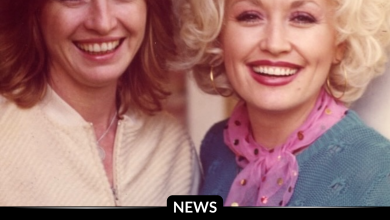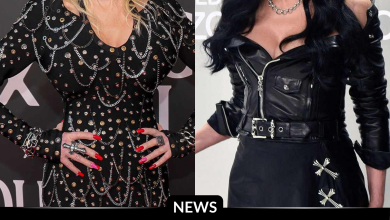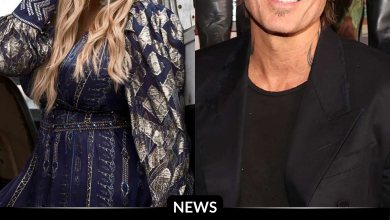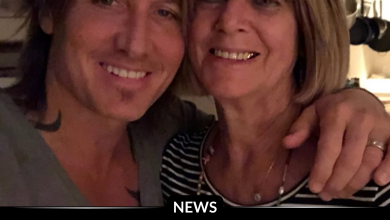She Doesn’t “Sell” Pain — Kelly Rowland Counters Claims Beyoncé Profits From Suffering
OPINION: This article may contain commentary which reflects the author's opinion.
Recent accusations online framed Beyoncé as an artist who “makes money off victims,” implying that social tragedy is used as a marketing strategy.
Kelly Rowland — Destiny’s Child alum and one of Beyoncé’s closest long-term collaborators — challenged that framing directly. She said she personally witnessed Beyoncé cry during the shock and anguish of George Floyd’s death, and then mobilize resources within days:
“She doesn’t ‘sell’ pain – she turns pain into action. I was there when she cried for George Floyd, then started a fund the next week.”
The philanthropic record supports that description.
Through BeyGOOD, Beyoncé has funded scholarships for multiple generations of HBCU students — from the Formation Scholars in 2017, to the Homecoming Scholars initiative in 2018, to the ABOUT LOVE scholarship with the Shawn Carter Foundation in 2021, and again with the Renaissance tour scholarships in 2023.
She has also directed tour revenue toward community relief in her hometown of Houston after natural disasters.
Following George Floyd’s murder, she publicly demanded accountability from elected officials and shifted her platform toward petition-driven civic pressure — then converted that moment into concrete financial help for Black-owned small businesses. On Juneteenth 2020, proceeds from “Black Parade” went into the BeyGOOD Black Business Impact Fund.
By the end of that calendar year, 715 businesses had received support — totaling $7.15 million.
The core of Rowland’s rebuttal is that Beyoncé’s response to grief is not transactional — it is logistical. She uses the reach of her career as a lever to transfer real capital into her community.



